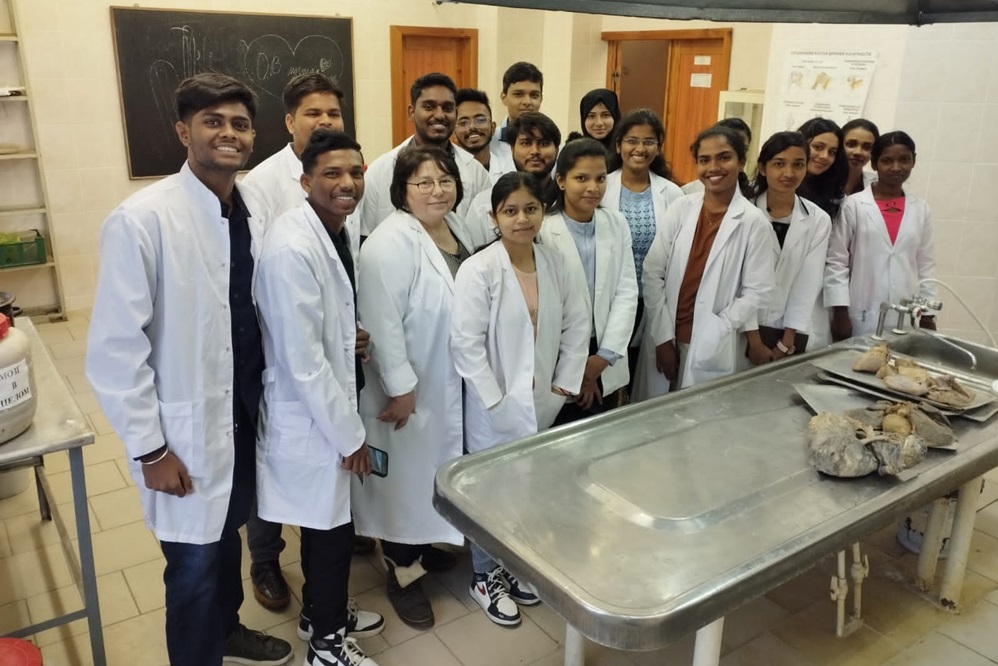- 19.02.2024
On Implementing Non-Linguistic Educational Programs in English at Tula State University
Russian higher education, being the heir to Soviet higher education, is traditionally popular in foreign countries. Every year, foreign citizens come to Russia to get higher education both within the scholarship of the Government of the Russian Federation and with a tuition fee. Moreover, in recent years, Russian universities are increasingly offering options for getting higher education in a foreign language, in particular in English. Today, in all regions of Russia, there are many educational programs in which classes are partially or completely taught in English.
At the state level, it is recognized that the creation and development of educational programs in foreign languages at Russian universities helps strengthen Russia’s position as a distinctive educational center and protect its geopolitical interests, including in such a difficult situation on the world arena today. Without remaining aloof from global challenges, teaching programs in English at Tula State University keeps pace with the targets of the Priority 2030 program, designed to form a wide group of universities that will become leaders in the creation of new scientific knowledge, technologies and developments for implementation in the Russian economy and the social sphere.
At the first stage of preparation for teaching English-language educational programs, back in May and September 2021, the university carried out work to determine the level of English language proficiency among the teaching staff. 200 teachers of Tula State University passed through diagnostic testing in English, and the total number of teaching staff with a diagnosed sufficient level of English language proficiency was more than 40%.
The result of this work was that already on September 1, 2022, foreign students had the opportunity to study in the educational program in Economics, profile “Economics and Foreign Economic Activity” in English. And already in November 2022, preparations began for the implementation of other educational programs in English, which is successfully happening at the moment.
A more ambitious task for the university was to launch MBBS educational program in English in academic year 2023/2024, as it assumed the university’s entry into a new and potentially attractive educational market in the South Asian region - Republic of India. This international program was created by analogy with the educational program “General Medicine” in Russian, which has been successfully implemented at Tula State University for almost three decades.
Already this academic year, 17 English-speaking first-year students from the Republic of India began to study academic disciplines aimed at forming the basis for the training of future medical doctors - biology, anatomy, chemistry, biochemistry, histology, Latin, etc. Indian students have the opportunity to take and practice in English - at the Medical Clinical Center of Tula State University. At the same time, the program also includes an intensive Russian language course, and curators who speak English help first-year students adapt to living conditions on the Tula State University campus, use public transport, and also help them learn more about the hero city of Tula and find shops with Asian spices and vegetarian food.








